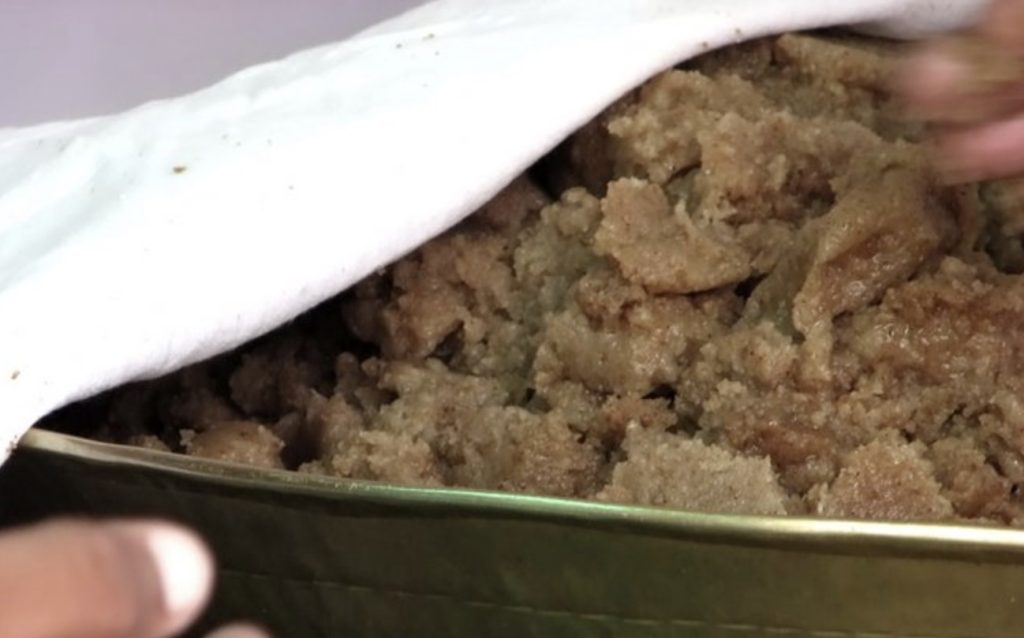Unravel the fascinating life of Alexander Gardner, a controversial figure in Sikh military history, known for adventures across Asia and service under Maharaja Ranjit Singh.
Explore Bhai Lalu's journey to Sikh devotion under Guru Angad. Learn how acts of service, or paropkar, lead to liberation in this inspiring tale.
Explore the impactful role of Shankar Das at the Sikh court, from managing Jagirs to leading Kashmir's finances under Maharaja Ranjit Singh's rule.
BHAGATU, BHAI (d. 1652), a devoted Sikh who served the Fifth, Sixth and the Seventh Gurus, was the son of Adam (Uddam in some chronicles), a Siddhu Brar of Malva country. Sikh chronicles record that Adam, without a son for a long time and despaired of prayers at the feet of different holy men, Muslim as well as Hindu, was advised by a Sikh to go to Guru Ram Das. Adam reached Amritsar and dedicated himself to the service of the Guru and the sangat. The Guru was pleased by his humility and sincerity. Adam received his blessing and had a son born to him. Bhagatu, as the son was named, grew to be a saintly person with a firm faith in the Guru.
GHULAM MOHIY UDDIN, SHAIKH (d. 1845), who rose to be governor of Kashmir in Sikh times, was the son of Shaikh Ujala, a munshi or accountant in the service of Sardar Bhup Singh of Hoshiarpur. At a young age, Ghulam Mohiy udDin took up service under Diwan Moti Ram, the governor of Kashmir, later shifting to Lahore. He exhibited great diplomatic skill when in 1823, under Maharaja Ranjit Singh`s instructions, he persuaded Sardar Muhammad `Azim Khan of Kabul, who had marched upon Peshawar, to retire without firing a shot. In 1827, Kirpa Ram, Diwan Moti Ram`s son, took him to Kashmir upon his appointment as governor of the province.
Discover the intriguing story of Stephen Lane, an American who rose through Scindia's ranks and joined Maharaja Ranjit Singh's army in 1834.
Explore the historic journey of Shiv Dial from Wazirabad to Lahore, managing estates and leaving a legacy in Sikh service. Learn more about his impactful life.
GOIND KUKK, BHAI, and Bhai Gola and Bhai Mohan, also Kukk Jatts, sought refuge at the feet of Guru Arjan and asked to be instructed in the path of righteousness and liberation. The Guru gave them twofold advice: "Repeat the Name of God and remember death. By remembering death, you will desist from committing sin, and by repeating God`s Name the effect of your past sins will be erased." Bhai Goind and his two companions became Sikhs and, according to Bhai Santokh Singh, Sn Gur Pratdp Sura] Granth, ever remained in the service of the Guru.
Explore the legacy of Mali Singh, who left Wazir Khan's service to join Banda Singh Bahadur, playing a key role in his campaigns until his execution in Delhi.




